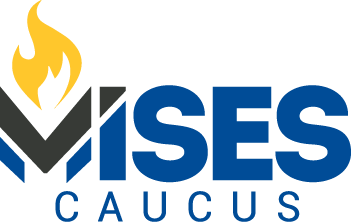In the time of the current pandemic we are seeing shortages of supplies all over now. Be it from toilet paper to water to bread, among other items, these items are in such short supply that there might not be any left until restocked. The supply left for some of these items in certain parts of the country is just nonexistent, while the demand is the highest it has probably ever been and ever will be in our lifetime. The result of all this is having empty shelves where the toilet paper, water and bread used to be. Much of this can be avoided if it weren’t for either bad store policy or in some areas poor government policy.
Many firms don’t adjust the prices too much, if at all when the demand is increased, especially to the level at which the demand is now. Now this action, or lack thereof, is due to either a store policy or worse yet a government policy. In many areas there are either local or state level government laws preventing what they call price gouging. (Price Gouging Laws by State, 2020) Price gouging is when a product is sold at a much higher price than it normally would and generally happens when the demand increases, like now during a crisis, with the seller knowing more and more people will be willing to pay the increased price for the product. When the prices are artificially kept low, shortages are more likely to happen. When the demand for an item rises and the supply stays the same, the price should increase. Often though, the price is kept artificially low due to either those stores or government policies.
What we need is a free market that allows for flexible pricing. Flexible pricing is where the price of a good can change rather quickly due; hopefully, to changes in supply and demand. A great real-world example that we see often would be that of a gas station. At a gas station the prices are very flexible and adjust often, sometimes multiple times a day. How this applies to our current situation is fairly simple. With flexible pricing applied to the pandemic, we would more likely see scarcity of goods and services, not shortages. The idea is that if prices were allowed to adjust to the supply and demand more freely, prices for certain items would rise thus deterring people from buying half of all the toilet paper in the store. In practice it might look something like this, the pack of toilet paper instead of being the normal price might now be twice what it was before the demand and supply changed so much. Yes, some people would still be willing to purchase five packs at this new price, but most people will lower their consumption due to the price increase. In turn, leaving more available for the next customer.
When government policies interfere with the free market the results are always for the worse. In this case we see empty shelves which then increases the anxiety and fear among the people. As a bunch of liberty-minded folk we should be seeking a different solution than the one thrust upon us by the state that isn’t working in the first place. A free market is a clear answer because restricting the free market is the quickest way to ensure a black market arises.
Citations
Price Gouging Laws by State. (2020, March 24). Retrieved April 17, 2020, from https://consumer.findlaw.com/consumer-transactions/price-gouging-laws-by-state.html

